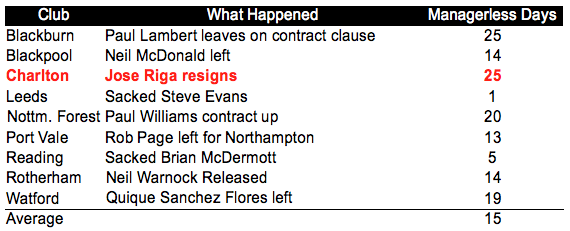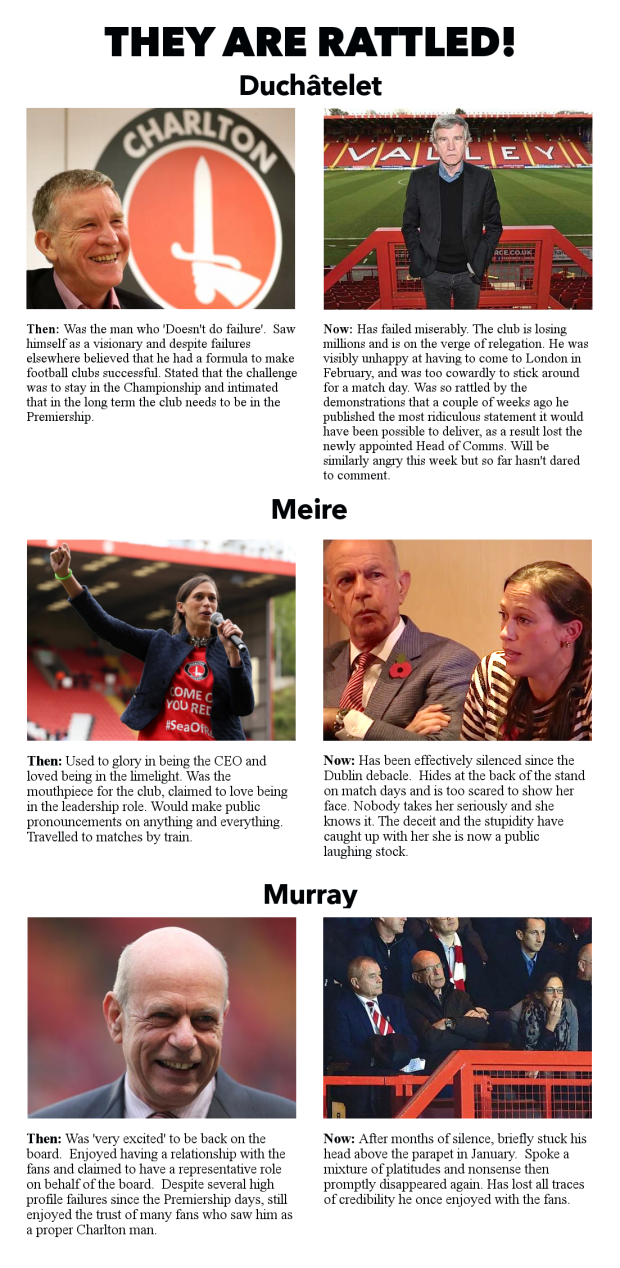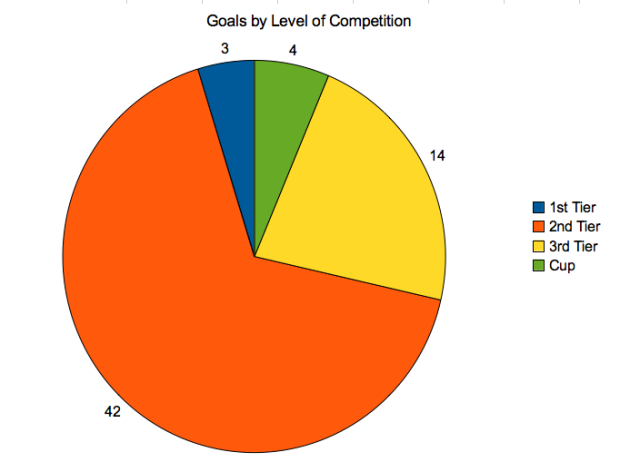With Charlton Athletic celebrating it’s 110th birthday this week. We thought it would be worthwhile looking at how Charlton’s origins compare to the other 91 clubs in English league football.
The first thing to say is that the foundation of our club is quite unique. It is the only league club to be founded by local youths with no previous organisation to help them. There are seven other clubs whose foundation was based around schools, though the setting up of these clubs was based around old boys, school masters or organised games. The boys of Charlton are different in that they took the initiative to get themselves organised. We can’t claim self-sufficiency to be solely located in South London though; Hull City were set up by a group of local men, whilst several other clubs were formed as a result of locally held public meetings. Though often these were led by single pioneers or entrepreneurs. Of these, Port Vale is notable because rather unusually it took its name not from the town that it represented, but form the venue name of its inaugural meeting “Port Vale House”.

A surprisingly large number of clubs were formed from earlier football teams. Few can boast a number of teams in their lineage like Dagenham & Redbridge (Ilford, Leytonstone, Walthamstow Avenue, Redbridge Forest, Dagenham), though several (Luton, QPR, Walsall) were the result of mergers and amalgamations of earlier clubs. Gillingam and Hartlepool seem to have been inspired by other neighbourhood clubs, whilst Brighton and AFC Wimbledon were directly set up by the supporters of other clubs. Several clubs seem to have taken advantage of other teams in their district failing, including Leeds who benefitted from the FA’s winding up of Leeds City in 1919. Perhaps the die was cast here for the Leeds-Charlton court cases of the 1980s.
Many clubs have uncertain origins, but of those where their formation is known, cricket is the next biggest source. These range from Sheffield United and Derby County that were official spin-offs of their respective County Cricket Clubs to Aston Villa and Birmingham who were set up by cricket playing members of local church congregations. This brings us on to another largish category; church related teams. Not including the willow loving Brummies above, the foundations of six teams were church related. Bolton and Everton though sunday schools, Fulham, Barnsley, Southampton and Mansfield through church parishioners. Two clubs Accrington and Oldham really can claim to be pub sides.
Many clubs have their origins in industry. Arsenal of course had their origins in the Woolwich Arsenal, taking on that name after a brief period as Dial Square (a place near the Royal Artillery Museum) and a further 5 years as Royal Arsenal. West Ham were famously known as Thames Ironworks. Coventry represented the Singer factory and were known for fifteen years as Singers F.C. Wycombe Wanderers were founded by furniture manufactures whilst Stoke City and Man Utd. had their origins in the railways. Millwall started life as a team representing a jam factory, which if it doesn’t explain how jammy they have been over the years, it at least tempers all that dockers nonsense they like to spout [Edit: the jam factory origins are disputed by Millwall, please see post from Lewis Moody below].
Five clubs were set up with the specific aim of forming professional teams. Three of them, Liverpool, Chelsea and Crystal Palace, were set up by entrepreneurs looking to make money from sports grounds that they already owned. Two of them Portsmouth and Southend didn’t have the grounds (though both were quick to acquire them) but still wanted to make money. Looking at how much they’ve lost over the years it makes you wonder how those starting them would rate their ventures if they could look back now.
The final word on clubs foundations needs to go to Doncaster Rovers who were formed in 1879 to play a one-off match against the Yorkshire Institution for the Deaf. 136 years on and this temporary club are still going.

Charlton are still a relatively new club. They were the 72nd of the current league teams to be formed so there are only 20 that are younger. The first clubs, Notts County, Nottingham Forest, Chesterfield, Sheffield Wednesday and Stoke were formed in the 1860s. The heyday for club formation was the 1880s with 26 clubs founded. In one year alone, 1881, five of the current league teams were formed: Leyton Orient, Newcastle, Preston, Swindon and Watford. The 1900s was the last decade to see the formation of a lot of league clubs. Charlton, three months younger than Chelsea and a similar time older than Palace, were formed right in the middle of that decade. The following decade saw very few new clubs as war swept the continent. Even in the peace time that followed there weren’t many new emergers. For whatever clubs have been formed since then, breaking into the league has been a very difficult thing to do. So, hats off to those lads from East Street that through their own spirit and determination, and not inconsiderable footballing skills, got our club off the ground. If they hadn’t done it when they did, there might never have been league football in Charlton.








